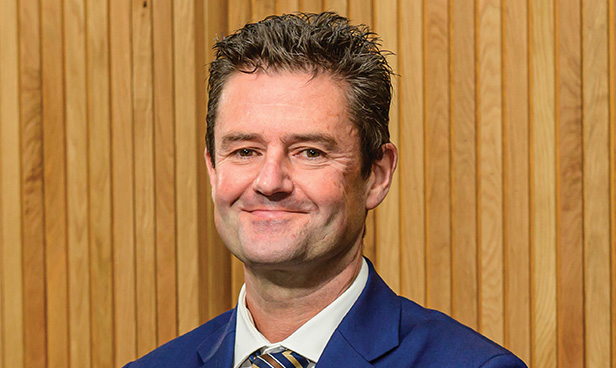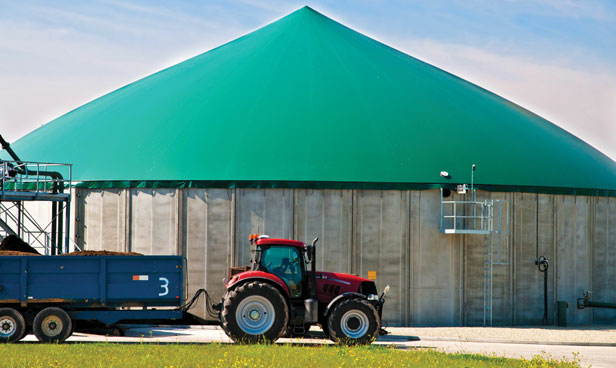
Envisioning Northern Ireland’s energy future
25th November 2019
Bioenergy: A role in heat and transport decarbonisation
8th December 2020Importance of communities in a distributed energy future

Paul MacArtain of DkIT’s Centre for Renewable Energy discusses an all-island approach to decarbonisation through energy storage.
Many of the targets set in legislation and corporate commitments currently reference 2030 as being the date for successful achievement. So, as we seek ways to encourage/enforce decarbonisation of the heating and transport sectors and reduce emissions from agriculture in Ireland, rural communities are quickly becoming the focus of legislative and political pressure to comply.
Many citizens in rural areas are well aware of, and in agreement with, the environmental issues and have been complying with changes to farming practices for many years. Social efforts such as Tidy Towns, EU funding such as LEADER, the role of the GAA and sporting activities in communities all provide structures on which to build local sustainability efforts.
The Centre for Renewables and Energy at Dundalk Institute of Technology (CREDIT) is focused on distributed and applied energy research. We are currently supported by the SPIRE 2 project funded by the European Union’s INTERREG VA Programme, managed by the Special EU Programmes Body. With our colleagues in Ulster University, Queen’s University Belfast, Strathclyde University and industry partners Arbarr and Sunamp we are studying how an all-island approach to decarbonising the energy future through energy storage can be achieved. Energy storage in all its forms is the key to unlocking the potential of renewable technologies. We have an abundance of renewable energy and with more planned the focus shifts from generation to integration.
Distributed wind generation is prevalent in Northern Ireland and our SPIRE 2 research is contributing to IEA Wind Task 41, Enabling wind to contribute to a distributed energy future by researching how distributed wind can be best integrated through storage technologies. Many will be aware of the constraint and dispatch down issues already prevalent and as we study the future development of the grid, there are a number of ways suggested to achieve decarbonisation. Perhaps increased distributed flexible demand could help?
Our colleagues in Ulster University are leading a SPIRE 2 initiative called RULET (Rural Led Energy Transition) which will model and demonstrate heat technology operation in grid constrained parts of Northern Ireland with a view to alleviating grid issues. This addresses both electrical penetration in the heat sector and decarbonising heat technologies. One of the more interesting models they are testing is that of a hybrid heat pump, where a heat pump and fossil boiler co-exist in a heating system. This technology combination may find greater consumer buy-in in rural areas, where the tried and trusted technology, the oil boiler in reserve, is married to the decarbonising and potentially grid responsive heat pump to achieve an outcome of consumer reassurance with decarbonisation.
Farms are also combined enterprises, with a residential component and a business component. Researching farm energy often includes a focus on domestic retrofits. We work closely with one of Ireland’s leading community based energy retrofit organisations, the Dunleer Energy Team who have supported, answered and implemented over 260 domestic premises retrofits since 2016. Their feedback is that communities are open to change and willing to spend if there is a demonstrable long-term benefit. They have more applicants than they can deliver projects for each year, which is very encouraging. Dunleer also wishes to educate its participants, and our role is to assist them to empower citizens with sufficient information to make informed decisions.
Much of the energy industry focus is from the grid level downwards and integration of renewables provides an ample resource from which to draw. Enabling consumers through technology integration and education will have some impact but ultimately widespread adoption and embracing decarbonisation will take some time.
The good news is that all of the raw materials are in place for the island of Ireland to become a more resilient, decarbonised and more secure place where future generations can grow.
